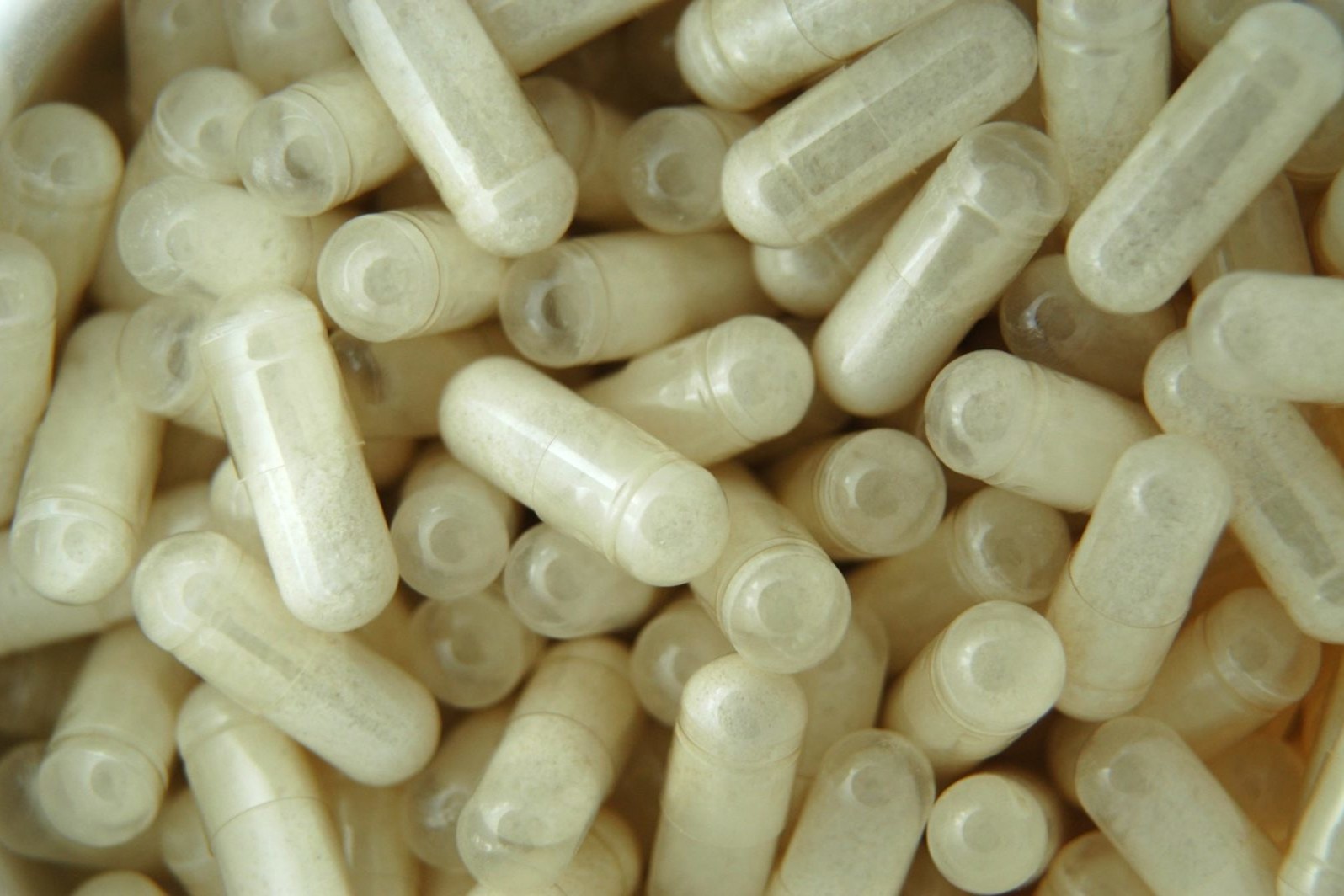Healthy Hair, Skin, and Nails: A Nutritional Approach
The condition of your hair, skin, and nails (AKA the integumentary system) are a reflection of your overall state of health. For example, they can be a diagnostic symptom when diagnosing thyroid deficiency since they share similar nutritional requirements. Aside from the aesthetic appeal, having thicker hair, stronger nails and bright, clear skin may actually be a sign that vitamin levels are sufficient for optimal biological function.
A variety of factors can affect their condition, including genetics, exposure to tobacco smoke, sun damage, medication and drug use, and of course, nutritional deficiencies. While eating a well-balanced diet is the best way to keep the integumentary system healthy, sometimes vitamins can be a helpful insurance policy. Vitamin supplementation can replenish depleted vitamin stores and support the biological processes that boost growth of hair, skin and nails while simultaneously helping to tame the symptoms of hypothyroidism.
Honestly, vitamin formulas for healthy hair, skin, and nails contain many of the same nutrients that your entire body needs for growth and maintenance of cells. That’s because if your body is deficient in key nutrients needed for biological function, it is reflected in poor the integumentary system health (weak nails, brittle hair, and dull skin, for example). When addressing Hair, skin, and nails specifically, we’re look at vitamins that support keratin production- a protein essential as a building block for the integumentary system- as well as supporting repair and regeneration of new cells.
Biotin & the mighty B vitamins
The B-complex (B12, B3, and B6) are vital for dozens of biological reactions, including for hair and skin growth. Biotin, also a B vitamin, is sometimes used to help reduce or prevent hair loss. Some people do not get enough biotin in their diet, resulting in a systemic deficiency. In such cases, research has shown taking biotin supplements may help alleviate hair thinning. Biotin-rich foods include peanut butter, eggs, avocados, legumes, and bananas.
Vitamin D
Vitamin D is important for hair follicle cycling. A large portion of the population reports low supoptimal vitamin D due to reduced sun exposure, use of sun block, reduced intake of certain Vit D rich foods, and geographical location (i.e. individuals who live in northern parts of the United States where sunlight is limited). Click here to read my blog on supplements, including vitamin D. Salmon, mushrooms, beef liver, and grains are great food sources of vitamin D.
Zinc
Zinc is a key trace mineral for hair growth, wound healing, healthy skin, and immune function. People who are under high stress, fighting chronic infection, elevated toxic load, sluggish thyroid or adrenal fatigue are at greater risk for zinc deficiency. Zinc-rich foods include red meat, oysters, lamb, turkey, pumpkin seeds, and chocolate.
Vitamins C
Vitamins C is a powerful water soluble antioxidant, helping reduce DNA and cellular damage and increase cell turnover (boosting growth!). It’s also a necessary component in collagen formation helping improve skin elasticity for more youthful appearance. Vitamin C rich foods include citrus fruits, strawberries, mango, broccoli, kale and bell peppers.
Vitamin E
Vitamins E is a powerful fat soluble antioxidant. Research has shown that it plays a major role in protecting cells from damage and supporting cellular regeneration- both of the integumentary system as well as for cardiovascular health. Good sources are seeds, dark green veggies, safflower oil, and citrus fruits.
Essential Fatty Acids
Omega-3 and omega-6 fats have been shown to reduce inflammation and support skin and scalp health. You can obtain essential fatty acids from eating cold-water fish such as mackerel, salmon, sardines, anchovies, tuna, pollock, or shrimp. However, these fish can contain high levels of heavy metals—which in turn can deplete your zinc stores (among other physiological stressors). Follow these guidelines for safer consumption. If you are averse to eating fish, or are vegan, flaxseed oil or algae oil are great alternatives.
Horsetail (Equisetum telmateia)
Horsetail is an herb with antibacterial properties as well as remineralizing effect. It is rich in flavonoids, potassium, and silicon, which are vital to the functioning of rapidly growing tissues such as skin and nails. It also has a key role in the synthesis of collagen.
Resources
- National Institutes of Health. Vitamin and Minerals Supplement Fact Sheets. Accessed May 2015.
- Szyszkowska, B., et al. “The Influence of Selected Ingredients of Dietary Supplements on Skin Condition.” Postȩpy Dermatologii i Alergologii 31, no. 3 (June 2014): 174–181.
You May Also Like...
The Ultimate Guide to a Maximizing Magnesium
The Ultimate Guide to a Maximizing Magnesium Mineral balance plays a crucial role in promoting optimal health. Among…
An Introduction to Eating the Rainbow: Your 4-Week Guide to Better Health
What’s the deal with eating the rainbow? A phrase you’ve no doubt heard thrown around - it’s cute and catchy, but it’s…
Stay In Touch!
Join my mailing list to keep up with all the latest nutrition & FxMed learning opportunities



